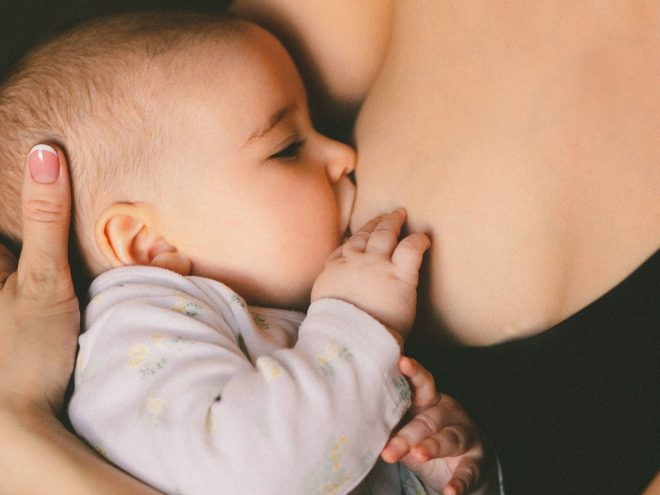Whether you’re transitioning from breastfeeding to formula, you’re getting started on a combination of both, formula feeding can have its bumps in the road. If you’re on a journey of feeding your child by the bottle, you may very well find yourself at a place that’s a bit difficult. Namely, you might realize your child is refusing formula. While this might seem like a big deal, there are actually a lot of possibilities as to why your child might be having a difficult time, and there are also plenty of ways to go about managing it.
As a parent, you want to make sure that your child is healthy and nourished so they can grow up strong. From development to overall comfort, making sure your child eats is highly important. Therefore, if your child is having trouble getting their nutrients in for any reason, talking with your pediatrician to get a professional opinion is one of the best ways to work towards a healthy future. Whether you’re working with your pediatrician already or you’re about to, here are a few things you may want to look out for if your baby is refusing formula.
1. They’re Used to Breast Milk
One of the reasons your baby could be refusing formula is if they’re used to breast milk. Whether you use a combination of formula feeding and breastfeeding or you’re trying to switch from one to the other, this might simply be unfamiliar to them. If this is the case, it can be helpful to try and mimic the sensory environment of breastfeeding while you bottle feed, at least at first. This could mean cuddling, skin-to-skin contact and changing up your position.
2. They’re Simply Not Hungry
If your baby is only refusing formula some of the time — specifically, when you’re feeding them on your own schedule or if they’re crying about something else and the bottle simply isn’t taking, chances are they simply aren’t hungry. Honestly, it isn’t usually an issue, especially if your baby consumes their formula just fine at other times.

3. They Have a Sensitive Stomach
If your baby refuses formula or alternatively, if they tend to get irritated after they drink from the bottle, it could mean that they have a sensitive stomach or that their body is sensitive to the formula in some ways. If this is the case, sometimes talking with your pediatrician can be the best way to figure out the next steps.
4. The Bottle Itself
Another possible culprit is the actual bottle. This one is simple, but if your baby is refusing formula, the issue could be the texture, shape and feel of the bottle itself. To test out this theory, you can try out different bottles and see if your baby likes the formula better when the bottle is a different shape or size.
5. Common Distractions
While this one can apply to any feeding, it’s important to note either way. Babies and kids can get distracted easily while they’re eating, and that goes for any food — formula, breast milk or baby food. However, if your baby has been used to breastfeeding in the past or if they’re in any kind of new environment, they could simply be dealing with new distractions all around them. One of the best ways to handle this is to simply make sure you’re feeding your baby in a calming environment whenever possible.
6. They’re Uncomfortable
Another reason why your baby might be refusing formula is if they’re uncomfortable. There are many different positions for feeding, and your baby might simply not enjoy the one you view as the “main” feeding position. If you’re looking to switch things up, there are a variety of positions you can try, from the side-lying position to the cross cradle hold.

7. You Recently Switched Formulas
If you recently switched formulas for whatever reason, your baby could also be unfamiliar with the texture, taste and consistency of their new formula. There are a variety of options out there when it comes to finding the right formula for your baby, so trying out different brands and seeing what works best could be the best way to get your baby back on track with feeding.
Formula Feeding Progress
Every baby and feeding journey is different, and sometimes there are a few bumps in the road. If your baby is having a bit of trouble feeding, there are plenty of reasons why that may be the case. By working with your pediatrician, observing your baby and trying out different ideas, you’ll get them back to feeding in no time, so you can nourish them to grow.
Momish is reader-supported. When you buy through links on our site, we may earn an affiliate commission.





